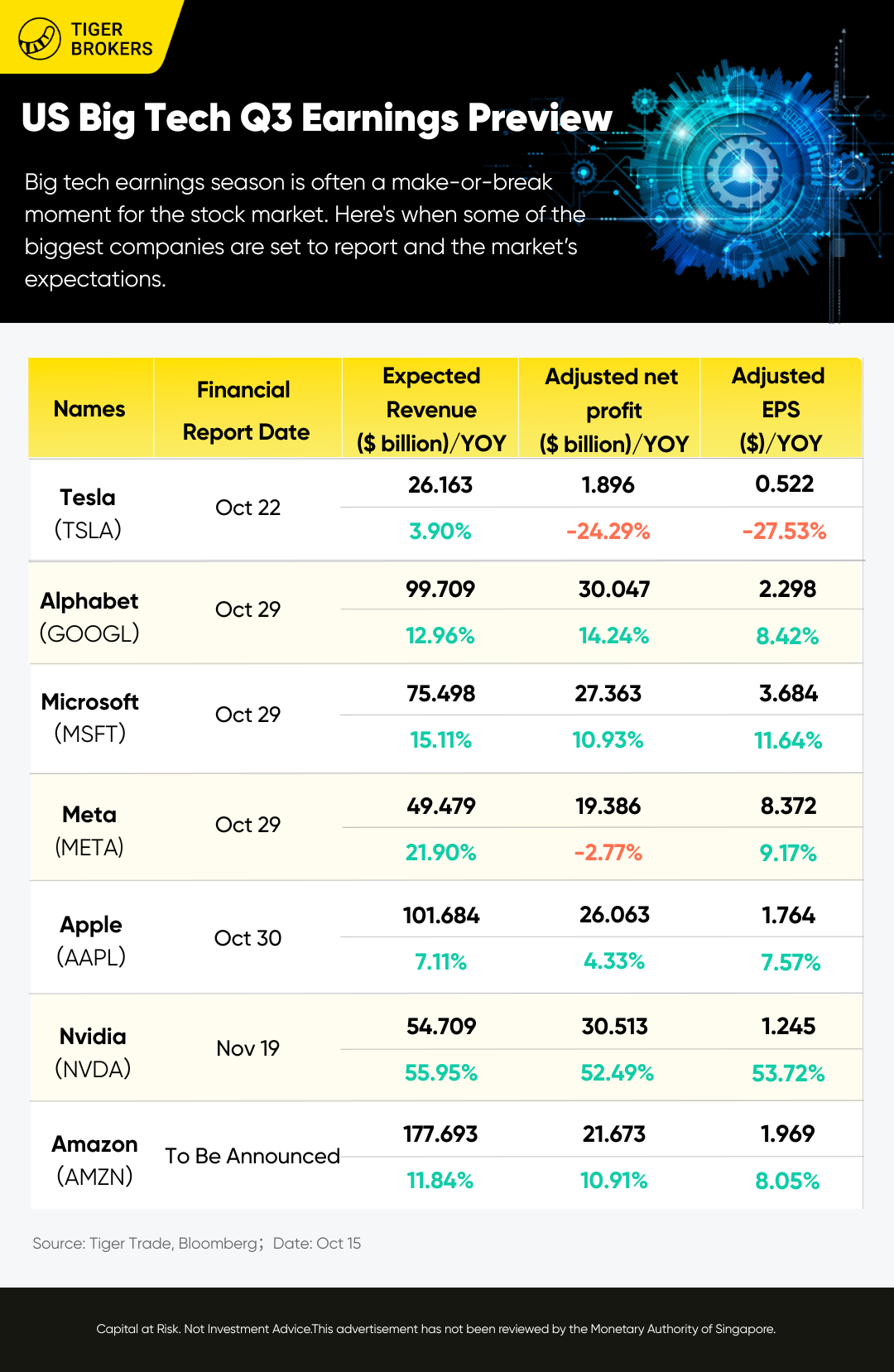China Internet Sector: Diverging Q2 Results Ahead. Starting this week, U.S.- and Hong Kong-listed Chinese ADRs are entering a heavy earnings release cycle. Goldman Sachs expects a further divergence in Q2 results among China’s internet giants: Tencent and Bilibili are likely to maintain solid growth. The intensifying food-delivery price war could significantly weigh on Alibaba, JD.com, and Meituan profits. Gaming and mobility are expected to be the bright spots, with key names including Tencent, NetEase, Bilibili, and DiDi.
AI & Cloud Computing Remain Core Growth Engines. Goldman forecasts Alibaba Cloud revenue growth accelerating to +23% YoY, driven by surging AI inference demand. However, heightened competition is expected to drag Alibaba’s net profit down –16% YoY in Q2. At the application layer, Tencent stands to benefit from its WeChat ecosystem and enhanced adtech capabilities, supporting dual growth drivers from gaming and advertising.
Competitive Pressures May Ease After Q3. Under government “anti-involution” policy guidance, Goldman expects peak competition in e-commerce and instant delivery to subside by September (end of Q3). While near-term pain is unavoidable, Alibaba, JD.com, and Meituan are viewed as deep value plays at current levels.
Morgan Stanley believes Alibaba’s recent earnings pressure is largely priced in. Its execution in food delivery and instant retail has exceeded expectations, and accelerating AI-driven cloud growth could act as a share price catalyst.
For Meituan, although facing market share erosion and margin headwinds, it remains a long-term winner. JD.com’s early growth momentum is fading, with the risk of becoming a smaller, loss-making player if competitive pressures persist.
Morgan Stanley reiterates Tencent (0700.HK) as its top sector pick, raising its target price to HK$650. Q2 revenue is projected to grow +11% YoY to RMB 179 billion. Adjusted net profit is expected to rise +8.8% YoY to RMB 62.4 billion. Gaming revenue could surge +16% YoY, fueled by the hit mobile title Delta Force: Hawk Ops, a rebound in legacy titles, and the August 19 launch of Valorant Mobile. AI-enhanced ad systems are improving ROI, and the rapid monetization of Video Accounts is likely to push ad revenue up +17% YoY.
While Pinduoduo (PDD.US) has avoided the subsidy war in food delivery, easing domestic competition pressure, it has increased merchant support through fee waivers and other initiatives—significantly squeezing near-term margins. In overseas markets, Temu has adjusted its U.S. business model and optimized marketing. Its fully-managed U.S. service was paused in May–June, with gradual resumption in July. Goldman expects Temu’s losses to narrow sharply.
